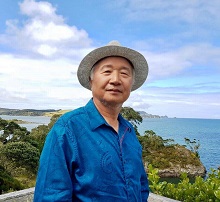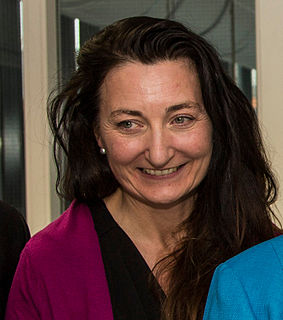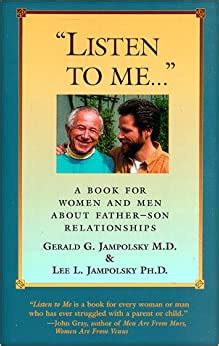A Quote by Eugene Ionesco
Related Quotes
Who am I?” “What is the purpose of my life?” These questions arise spontaneously throughout our lives, either unbidden or through conscious intent. Anyone who wishes to live an authentic life must answer these questions, regardless of whether they believe in the existence of the soul or practice a religion. If these queries remain unanswered, life will more than likely remain superficial and empty, in spite of any material abundance. If you wish to make the soul's journey, then I suggest you ask yourself these questions relentlessly and ruthlessly, and listen carefully.
Every man, every woman who has to take up the service of government, must ask themselves two questions: 'Do I love my people in order to serve them better? Am I humble and do I listen to everybody, to diverse opinions in order to choose the best path?' If you don't ask those questions, your governance will not be good.
Every man, every woman who has to take up the service of government, must ask themselves two questions: ‘Do I love my people in order to serve them better? Am I humble and do I listen to everybody, to diverse opinions in order to choose the best path.’ If you don’t ask those questions, your governance will not be good.
I don't like the way most people think. It's imprecise. I find that when parents ask me questions, they ask very imprecise questions. They say, "My kid has behavioral problems at school." Well, I have to say, "What kind of problems? Is he hitting? Is he rude? Does he rock in class?" I need to narrow questions to specifics. I am very pragmatic and intellectual, not emotional. I do get great satisfaction when a parent says, "I read your book, and it really helped me."


































